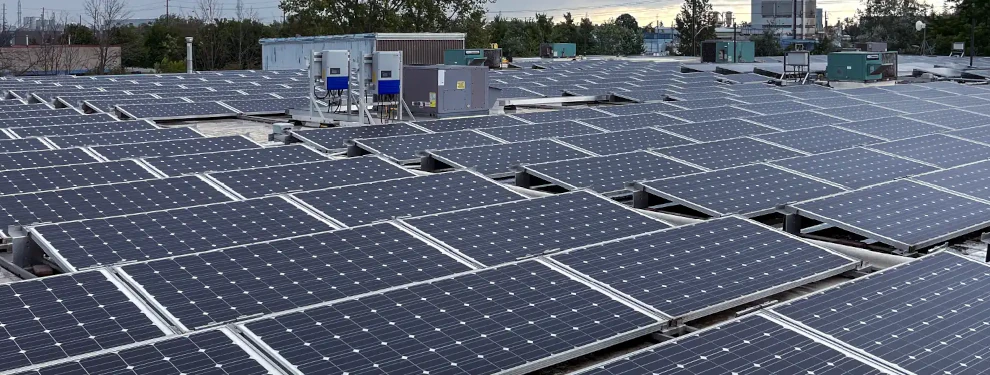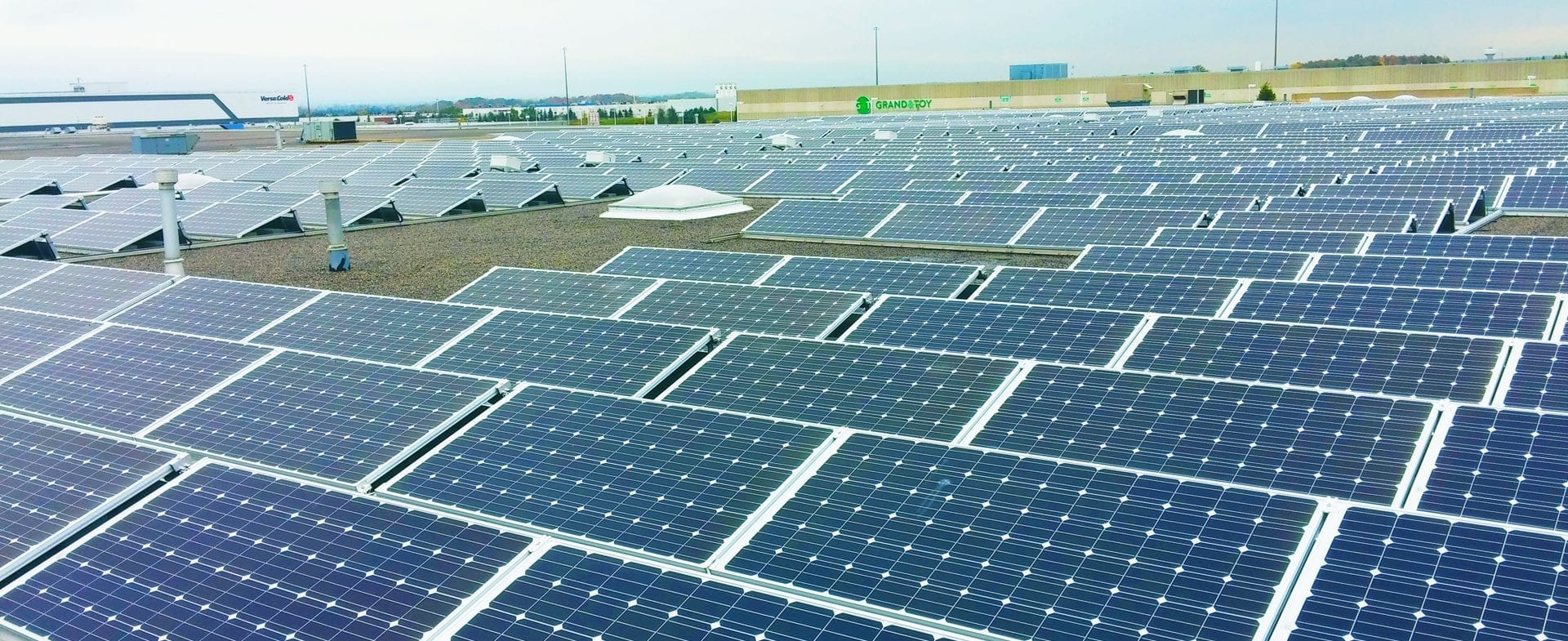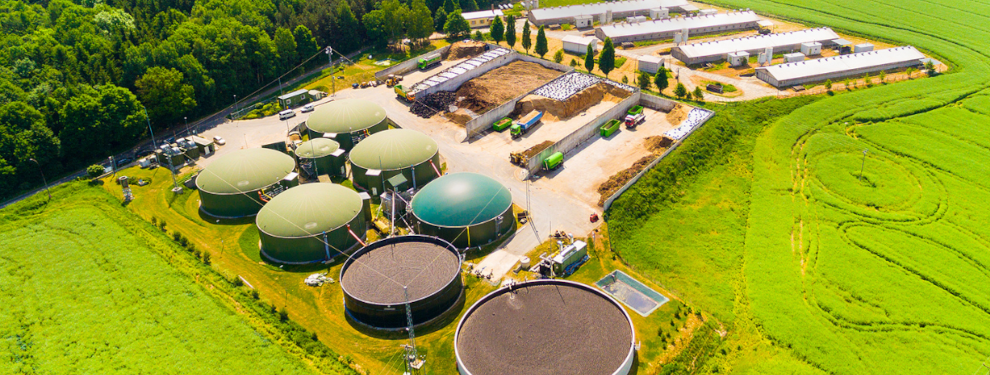
Skyline Clean Energy Fund Announces Expansion to Lethbridge Biogas Facility
June 22, 2023 Biogas, News, Press Releases
Skyline Clean Energy Fund (SCEF), a Guelph, Ontario-based equity growth fund investing in clean energy assets, has announced a $3+ million expansion to its anaerobic digestion facility in Lethbridge, Alberta.
SCEF is installing a 40,000 tonne per year de-packaging line which will enable the facility to efficiently process residential source separated organics (SSO), including leaf and yard waste, and packaged industrial, commercial & institutional (IC&I) waste. Once complete, the facility will be able to accept an additional 40,000 tonnes of packaged organic wastes/materials annually. This waste will be converted into renewable natural gas (RNG).
“This expansion will allow SCEF’s Lethbridge facility to provide an alternative processing service that offers savings in comparison to other disposal or treatment options in Western Canada,” said Rob Stein, President, Skyline Energy.
“Not only will it provide a meaningful alternative to landfills for waste disposal, but it will also provide the facility with a new source of revenue and create additional value for our unitholders.”
The de-packaging line is modeled after the one used at SCEF’s other biogas facility in Elmira, Ontario, which has been operating successfully for over 10 years. Commissioning of the de-packaging line is expected in Fall 2023, with completion slated for January 2024.
SCEF’s Lethbridge and Elmira biogas facilities have a cumulative capacity of 184,000 tonnes in annual Organic Waste Capacity1 and 224,000 GJ2 in expected RNG production per year, making SCEF one of Canada’s largest producers of biogas.3
- Skyline Clean Energy Fund’s total annual Organic Waste Capacity (biogas) figure is expressed in accordance with the Fund’s percentage ownership of the assets.
- Gigajoule (GJ) is a metric energy measurement used for Renewable Natural Gas (RNG). One GJ of natural gas has the same amount of energy as 27 litres of fuel oil, 39 litres of propane, 26 litres of gasoline or 277 kilowatt hours of electricity. Source: https://www.nrcan.gc.ca
- Based on annual waste processing capacity of 240,000 tonnes between Skyline Clean Energy Fund’s Elmira and Lethbridge facilities.
About Skyline Clean Energy Fund
Skyline Clean Energy Fund (“SCEF”) is a privately owned and managed portfolio of medium to large scale clean energy assets, focused on acquiring income-producing assets across Canada, under long-term government contracts.
SCEF is offered as an alternative investment product through Skyline Wealth Management Inc. (“Skyline Wealth Management”), the exclusive Exempt Market Dealer (EMD) for SCEF.
SCEF is committed to surfacing value to its investors through asset monitoring and optimization, while providing a sustainable investment product based in clean, renewable energy.
To learn more about SCEF and its asset manager, Skyline Energy, please visit SkylineEnergy.ca.
To learn about additional alternative investment products offered through Skyline Wealth Management, please visit SkylineWealth.ca.
Skyline Clean Energy Fund is operated and managed by Skyline Group of Companies.
For media inquiries, please contact:
Cindy BeverlyVice President, Marketing & Communications
Skyline Group of Companies
5 Douglas Street, Suite 301
Guelph, Ontario N1H 2S8
cbeverly@skylinegrp.ca
More from this category:

Skyline Clean Energy Fund Acquires Four Solar Assets in Guelph, Ontario
On August 6th 2025, Skyline Clean Energy Fund (“SCEF” or “Fund”) expanded its solar asset footprint in Canada with the purchase of four rooftop solar assets located in Guelph, Ontario. The accretive acquisition adds 908 kilowatts (kW/DC)1 of total generation capacity to the portfolio and is expected to generate over $627,000 in annual revenue for the [...]
Skyline Clean Energy Fund Acquires 6 Rooftop Solar Assets Across Ontario
<h2[Guelph, Ontario – December 23, 2019] On December 23, 2019, the Skyline Clean Energy Fund (SCEF), acquired a portfolio of rooftop solar assets. The assets are located in Vaughan, Brantford, and Whitby, Ontario. The total purchase price of the portfolio was $12.48 million (equity of approximately $3.05 million; debt of approximately $9.43 million). Each of [...]

